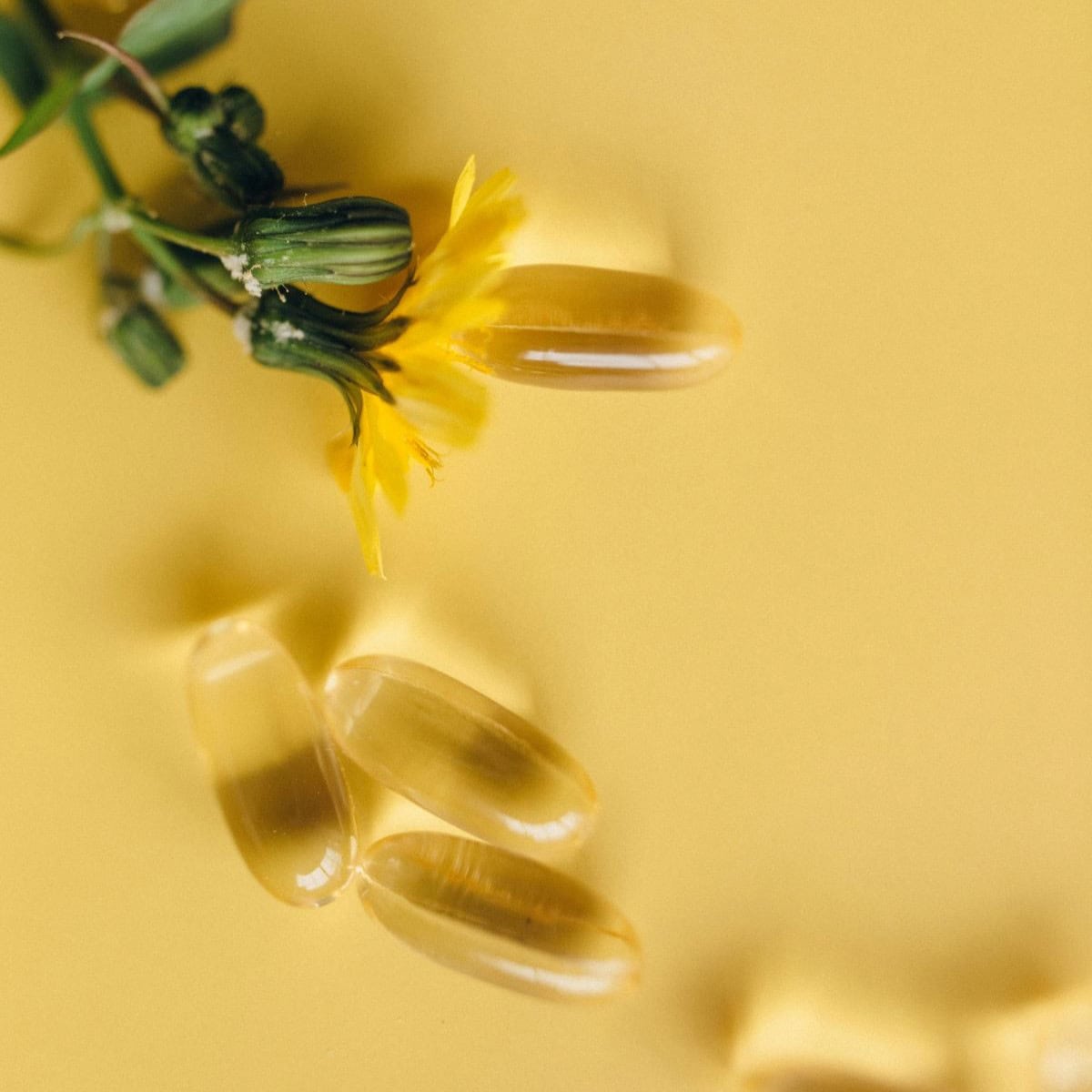Menopause is a natural phase in a woman's life that brings various physical and emotional changes. These changes are primarily due to hormonal fluctuations, which can result in uncomfortable symptoms such as hot flashes, mood swings, and sleep disturbances.

In this blog post, we will explore the different types of menopause supplements available, their potential benefits, and important considerations when choosing the right supplement.
Herbal Supplements
Herbal medicines have gained popularity among women experiencing menopause symptoms. Common herbs include black cohosh, red clover, dong quai, and evening primrose oil. These herbs are believed to contain phytoestrogenic properties, which means they can mimic the effects of estrogen in the body and reduce the symptoms associated with menopause..

Vitamin and Mineral Supplements
During menopause, women may experience decreased bone density and an increased risk of osteoporosis. Calcium and vitamin D supplements can help maintain bone health and reduce the risk of fractures. Vitamin E and Bs are often included in menopause supplements to support overall vitality and energy levels.
Phytoestrogens
Phytoestrogens are compounds found in certain plants like soy and red clover that mimic the effects of estrogen and can help reduce symptoms.
Omega-3 Fatty Acids
Commonly found in fish oil supplements, they have been shown to have anti-inflammatory properties and may help reduce joint pain and inflammation. They can also support heart, brain and nervous system health during this time.
Probiotics
Menopause can significantly impact gut health, leading to digestive issues such as bloating and constipation. Probiotic supplements containing beneficial bacteria can help restore a healthy gut microbiome and improve digestion.

Lifestyle Factors
While menopause supplements can be valuable in managing symptoms, they should complement a healthy lifestyle rather than replace it. Lifestyle factors play a significant role in symptom management. Key elements of a healthy lifestyle during menopause include:
● Balanced Diet: A diet rich in fruits, vegetables, whole grains, and lean proteins can help manage weight and overall health.

● Regular Exercise: Physical activity can reduce the risk of weight gain, improve mood, and support bone health.
● Stress Management: Stress reduction techniques, such as meditation, yoga, and deep breathing exercises, can help with emotional stability.
● Adequate Sleep: Quality sleep is essential for mood regulation and overall well-being.

Important Considerations
When considering menopause supplements, it is important to consult with your healthcare provider to ensure they are safe and suitable for you. Your doctor can evaluate your needs, medical history, and any potential interactions with other medications you may be taking.
Menopause supplements can help relieve the bothersome symptoms associated with this life stage. Remember that supplements should not replace a healthy lifestyle, which includes regular exercise, a balanced diet, and stress management techniques. By working closely with your healthcare provider and making educated decisions, you can find the right menopause supplement to support your well-being during this transformative phase of life.
Disclaimer:
The information provided in this guide is for informational purposes only and should not be considered a substitute for professional medical advice, diagnosis, or treatment. Always consult a qualified healthcare provider before starting any new supplement regimen or treatment plan, especially during menopause, as individual needs and circumstances may vary.





Leave a Reply